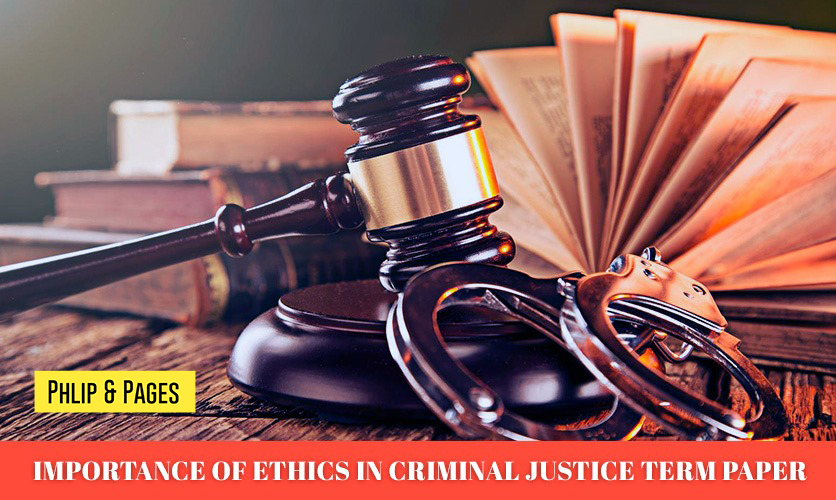Ethical considerations in criminal defense are critical to ensuring justice and maintaining the integrity of the legal system. Here are some key ethical considerations:
1. Confidentiality
- Attorney-Client Privilege: Lawyers must keep information shared by clients confidential unless the client consents to disclosure or an exception applies.
- Duty to Safeguard Information: Protecting sensitive information from unauthorized access is paramount.
2. Competence
- Legal Knowledge and Skill: Defense attorneys must be well-versed in the law and maintain the necessary skills to represent their clients effectively.
- Preparation and Diligence: Adequate preparation for court appearances, investigations, and client consultations is essential.

Conflict of Interest
- Avoiding Conflicts: Lawyers should avoid situations where their interests conflict with those of their clients or where they represent multiple clients with conflicting interests.
- Disclosure and Consent: When potential conflicts arise, they must be disclosed to the client, who must consent to continued representation.
4. Zealous Representation
- Vigorous Advocacy: Defense attorneys must advocate zealously on behalf of their clients within the bounds of the law.
- Moral and Legal Boundaries: While zealous, lawyers must not engage in illegal or unethical behavior, such as suborning perjury or fabricating evidence.
5. Candor Toward the Tribunal
- Honesty: Lawyers must be honest in their dealings with the court and should not knowingly make false statements.
- Duty to Correct: If false statements are made inadvertently, lawyers have a duty to correct them.
6. Respect for Legal Process
- Compliance with Rules: Lawyers must adhere to procedural rules and court orders.
- Professional Conduct: Maintaining civility and respect in interactions with judges, opposing counsel, and court personnel is crucial.
7. Client Autonomy
- Informed Consent: Clients should be informed about the legal process, possible outcomes, and significant decisions affecting their case.
- Decision-Making: While lawyers provide advice, clients have the final say on key decisions, such as whether to accept a plea deal or go to trial.

8. Pro Bono Service
- Access to Justice: Lawyers are encouraged to provide pro bono services to ensure access to legal representation for those who cannot afford it.
9. Continuing Legal Education
- Staying Informed: Ongoing education is necessary to keep up with changes in the law and legal practices.
10. Avoiding Prejudicial Conduct
- Bias and Prejudice: Lawyers must avoid actions that could be seen as discriminatory or prejudicial based on race, gender, religion, or other protected characteristics.
Conclusion
Ethical considerations in criminal defense are multifaceted and require a delicate balance between advocating for the client’s interests and upholding the legal system’s integrity. Defense attorneys must navigate these considerations with care to ensure fair and just outcomes for their clients.
















